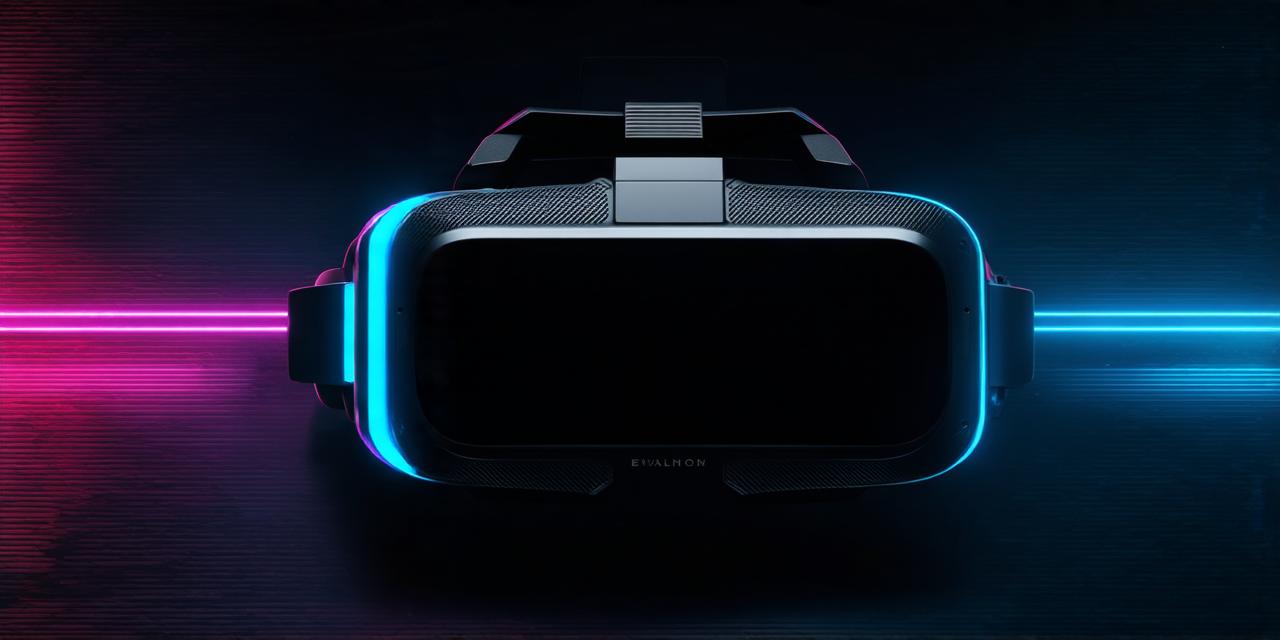
What was the first VR headset that killed you?

The first VR headset that killed you may seem like a hypothetical question, but it is important to understand the risks associated with virtual reality technology. While VR can provide an immersive and engaging experience, there are potential dangers involved in using these devices. In this article, we will explore some of the possible causes of death that could be linked to the use of VR headsets.
Table of Contents
Toggle1. Motion sickness
One of the most common risks associated with VR is motion sickness. This condition can occur when a person experiences disorientation or vertigo while wearing a headset. The rapid movement and changes in perspective that occur in virtual environments can cause nausea, dizziness, and even fainting. While these symptoms are generally not life-threatening, they can be uncomfortable and potentially dangerous if they occur while driving or operating heavy machinery.
2. Eye strain
Prolonged use of VR headsets can also cause eye strain, which can lead to dry eyes, blurred vision, and even temporary vision loss. These symptoms can be uncomfortable and disruptive, especially if a person needs to wear the headset for an extended period of time. Additionally, prolonged exposure to bright screens can increase the risk of developing computer vision syndrome, a group of eye-related problems that can range from mild discomfort to serious health issues.
3. Falls and accidents
Wearing a VR headset can impair a person’s ability to perceive their surroundings and navigate in real life. This can increase the risk of falls and other accidents, especially if a person is wearing headphones or listening to music while using the headset. Additionally, some VR games may involve physically moving around in a virtual environment, which can lead to trips, slips, and other injuries.
4. Psychological effects
While not directly linked to physical death, prolonged use of VR headsets can have psychological effects that could contribute to health issues. For example, excessive screen time has been linked to increased levels of stress, anxiety, and depression in some people. Additionally, the immersive nature of VR can lead to feelings of disorientation and detachment from reality, which can be unsettling for some users.
In conclusion, while VR headsets can provide a fun and engaging experience, there are potential risks involved in using these devices. It is important to use caution when wearing a headset and to take steps to minimize the risk of injury or discomfort. Additionally, it is always recommended to consult with a healthcare professional if you experience any adverse effects while using VR technology.

